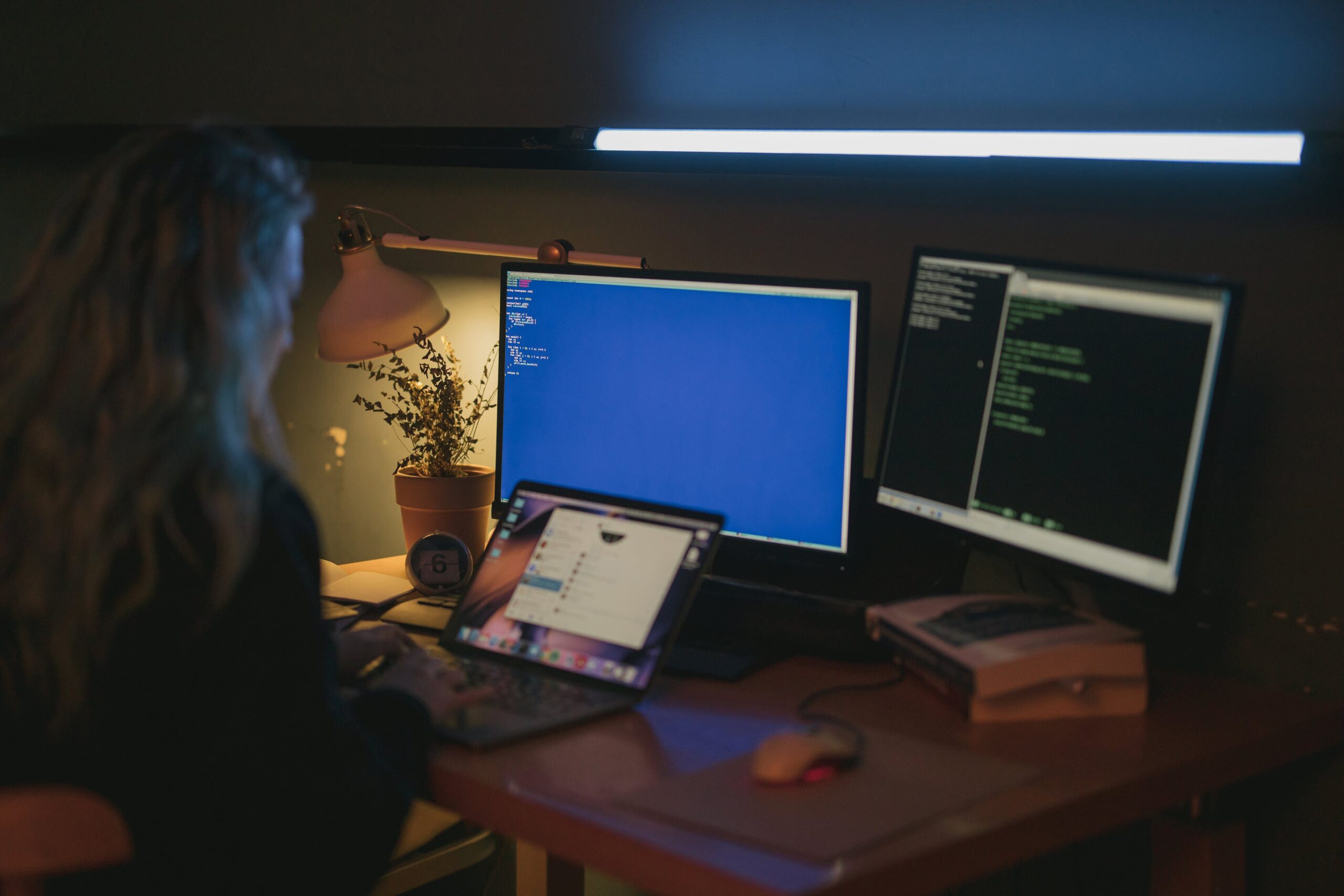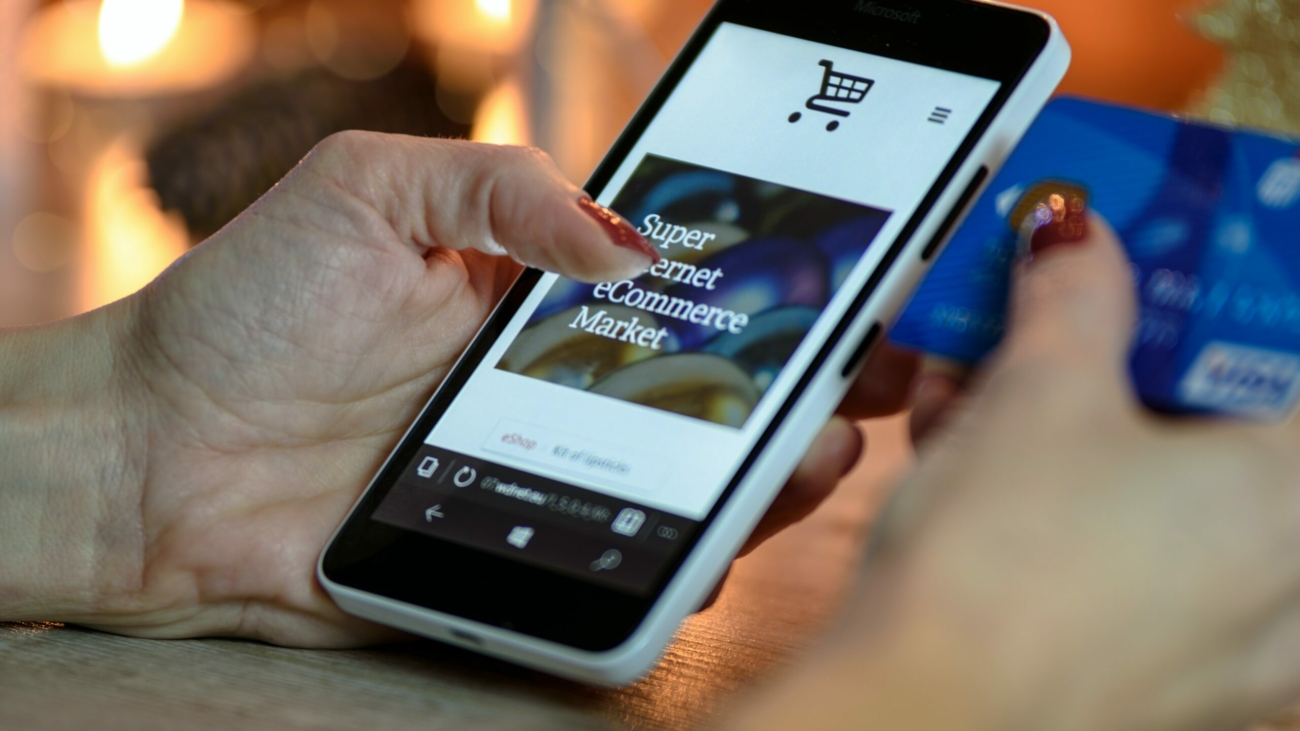During times like the Christmas season, cybercriminals double down on their attacks to steal our personal data. Tailoring their messages and gimmicks to activities related to shopping. Many Christmas purchases are made online, whether due to lack of time or because of the listed price, and this can pose certain risks to privacy and data protection.
Personal data can be used to scam us, access our bank account and carry out other fraudulent activities. Cybercriminals are able to do so by adapting their messages to each time of the year or to the current season, such as Christmas and holiday shopping, to capture our attention and steal our data. In today’s post we help you identify these scams and give you some advice to prevent these and other risks to your privacy. Lear to protect your data today.

Tips to protect your data when making your online Christmas purchases
-
Do not open emails with links that ask for personal information
How many times have you received one of these emails pretending to your bank? Surely tons of them. Although we are all aware of these types of scams, you may sometimes get “stung” by them when you are not paying attention or when stressed. We are all very busy with our jobs, commitments with family and friends, and thousands of other concerns.
No matter what happens, always follow this tip: never answer this kind of email. No bank asks for personal information, bank details or passwords in an email, and even less so by sending a link that you have to click.
Beware of all types of emails that try to scare you or that contain links to unbeatable exclusive offers that redirect you to websites asking for personal data. Contact the company through its official channels before clicking the link. And, when in doubt, do not click the link: visit the company’s website yourself by entering the address in the browser.
-
Pay attention to the cookie banner of the online services you access, and only accept the data processing you consider appropriate
-
Be careful with SMS messages and other messages on WhatsApp, Telegram and other instant messaging services
Another widespread practice among cybercriminals that you have surely been a victim to on more than one occasion is receiving an SMS from a courier company saying that your shipment is on its way. And you’re not expecting anything, right?
In any case, whether you are waiting for an order or not, at Christmas time it is uncommon for one to neither expect a gift nor get something for themselves. Nevertheless, we still offer the same advice. Never respond to these types of messages, whether you are expecting something or not.
This type of technique is called smishing and it is often used together with great offers or courier shipments during sales or the Christmas shopping season. In addition to SMS, it also uses other instant messaging services such as WhatsApp, Telegram, etc.

-
Buy from official and trusted online stores
Review both the privacy policy and the legal notice to find out who is responsible for processing your personal data.
-
Avoid connecting to public Wi-Fi networks
Have you already used up all your data and cannot wait to get home to buy that Christmas gift? It can wait, it can definitely wait. Do not be tempted to connect to a public Wi-Fi network to make online purchases, it may be hacked and a cybercriminal will make purchases for you.
-
Review the privacy and security settings of your devices regularly
-
Consider making your online purchases with a card that you only use for that purpose

-
Use different passwords for each Internet service. You can use a password manager to help you.








